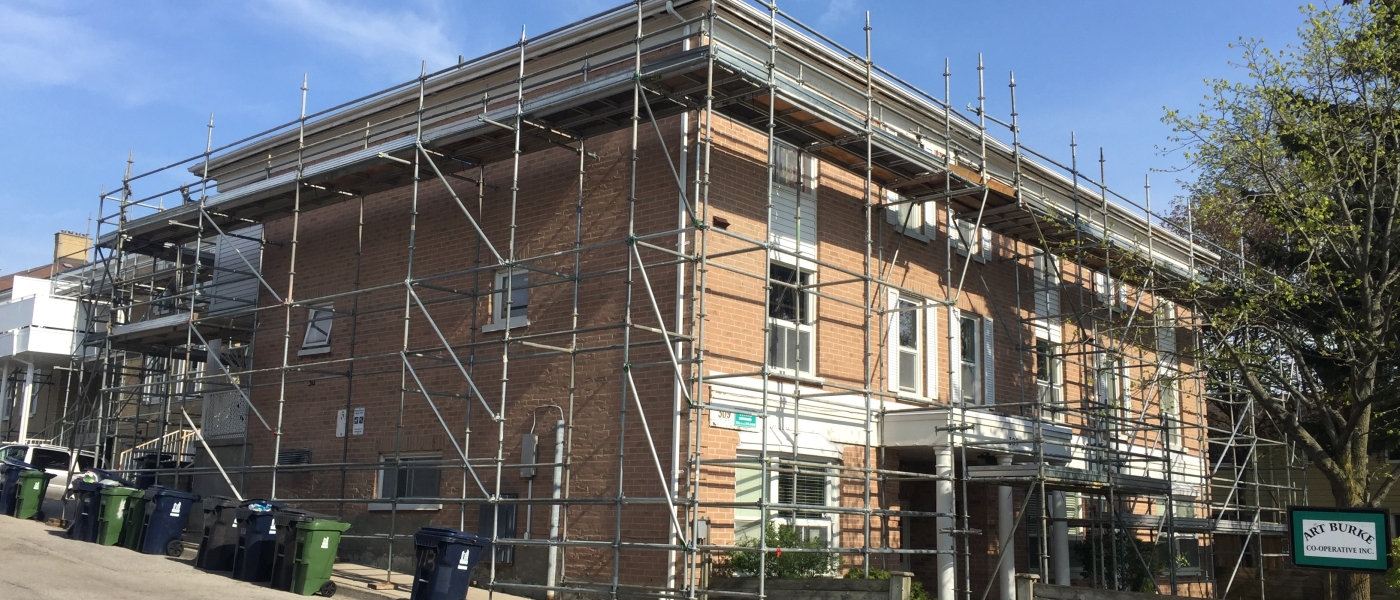
As you come to the end of your mortgage, or earlier, your housing co-operative may need to borrow new money. The property may need more work than the capital replacement reserve can fund. Or you may have been looking forward to updating the older elements of your buildings and units. Some co-ops will still owe money to Canada Mortgage and Housing Corporation (CMHC) that needs to be repaid as soon as their operating agreement ends.
Lenders need to know several things before deciding whether or not to grant your co-op a loan. They will look for healthy annual results in your audited statements for the past few years and a budget that shows you can meet the payments on the new loan.
A lender will want to know the value and condition of the property that is securing the loan. A professional appraisal and building condition assessment will answer these questions. While the lender has no wish to take over your property, they need to know what it would fetch if you failed to repay your loan.
A lender will also look for evidence of the co-op’s reliability. Do you pay your bills on time? Do the members regularly agree to housing-charge increases that keep up with costs? These things affect the way another business views you as a potential customer.
Several sector organizations have fee-based programs to help their members borrow money. B.C. co-ops can turn to their regional federation. In other parts of the country, members of the Co-operative Housing Federation of Canada (CHF Canada) can benefit from its refinancing program.